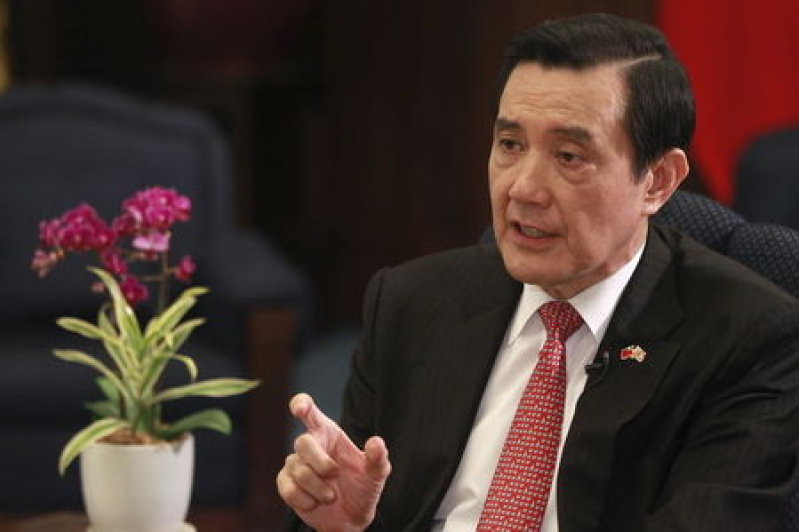
China, Japan and South Korea will hold a summit in South Korea when Chinese Premier Li Keqiang visits, China and South Korea said on Monday, the first such meeting since they were discontinued in 2012 amid tension dating back to World War Two.
Chinese Foreign Ministry spokeswoman Hua Chunying, speaking at a daily news briefing, did not provide an exact date, but Japanese media have said it would be on Nov. 1 in Seoul.
Li will visit South Korea from Oct. 31 to Nov. 2.
South Korean President Park Geun-hye's office said she would meet Li on Oct. 31 in Seoul. It did not announce dates for the trilateral summit or Japanese Prime Minister Shinzo Abe's visit.
Park said this month she hoped the three-way meeting would help clear obstacles to better relations with Tokyo and boost stability in Northeast Asia.
The neighbors have been moving to improve ties, holding a foreign ministers' meeting in March and trying to restore what had been a regular forum at the summit level to discuss cooperation.
Chinese Vice Foreign Minister Liu Zhenmin told reporters in Beijing that while issues of history would inevitably be brought up, the three countries also had important shared economic interests and needed to get relations back on track.
"If there is no cooperation between these three countries, then you can't talk about cooperation in East Asia," Liu said.
"At the same time as upholding our unchanged position on history, resuming the trilateral summit and increasing cooperation accords with our interests and those of the peoples of all three countries."
Ties with Japan have long been strained by what Seoul and Beijing see as Japanese leaders' reluctance to atone for the country's wartime past. China and South Korea suffered under Japan's sometimes brutal occupation and colonial rule before Tokyo's defeat in 1945.
Japanese Prime Minister Shinzo Abe has met Chinese President Xi Jinping twice since November 2014. But Abe has not had a one-on-one summit with Park since taking office in December 2012.
The summit, held annually since 2008, was discontinued amid diplomatic tension between Japan and South Korea stemming both from the war and a territorial dispute. South Korea had demanded Japan do more to compensate Korean women forced into prostitution in Japanese brothels during wartime.
(Reporting by Michael Martina and Ben Blanchard in Beijing and Jack Kim in Seoul; Editing by Nick Macfie and Clarence Fernandez)






